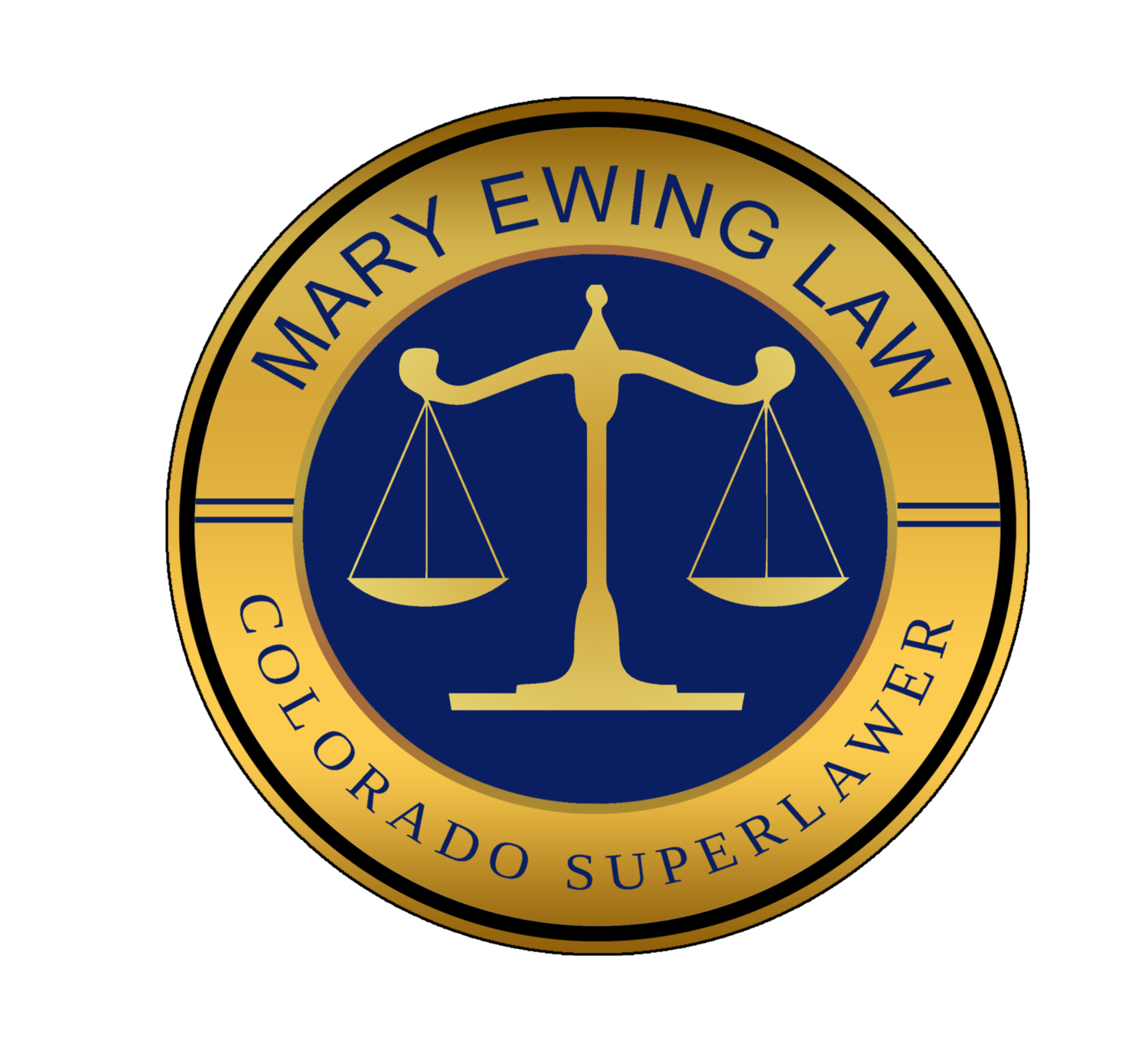When a workplace accident happens, knowing what to do next can protect both your health and your rights. Colorado attorney Mary Ewing, who has over 40 years of experience handling workers’ compensation, personal injury, and family law cases, shares what every injured worker should know about reporting injuries, getting medical care, and protecting their job.
What Should You Do First After Getting Injured on the Job?
The first step after a workplace injury is to take care of your health. Seek immediate medical attention if needed, even before worrying about paperwork. Once you’re stable, report the injury to your employer or supervisor right away. If no one in authority is available, inform a coworker and ask them to notify your supervisor.
Reporting the injury early helps establish that it happened at work — not somewhere else — which is essential for your workers’ compensation claim.
Why Is It Important to Report Even a Minor Injury?
Even if an injury seems small at first, it should still be reported. What feels like a mild sprain or bruise could develop into something more serious later. Reporting it creates a record that protects your right to medical care and lost wage benefits if symptoms worsen.
Failing to report it immediately could lead to questions about whether the injury really occurred at work.
What Should You Say — or Not Say — When Reporting a Workplace Injury?
Be honest and direct about what happened. Explain how the injury occurred and how you’re feeling. For example, you can say, “I think I’m okay, but I’d like to get checked out.”
Under Colorado law, your employer must provide medical care through their workers’ compensation insurance. There’s no need to exaggerate or minimize your symptoms — just be truthful and clear.
Do You Have to Fill Out Paperwork After Reporting an Injury?
Most workers don’t have to fill out forms themselves. Once an employer learns of the injury, they’re required to submit a “First Report of Injury” to their workers’ compensation insurance company. However, it’s always smart to keep personal notes about when and how the injury occurred, who you reported it to, and what was said.
What Documentation Should You Keep?
Start keeping a record as soon as possible. Write down the names of any witnesses who saw the accident, even if you only know their first names. Having witnesses can help confirm that the injury happened on the job.
It’s also helpful to note the date, time, and location of the incident, and to save copies of any communication with your employer or the insurance company.
Can You Choose Your Own Doctor in a Colorado Workers’ Comp Case?
In Colorado, the employer has the right to direct you to a doctor of their choice. However, if your injury happens outside of regular work hours — for example, on a night shift — and no supervisor is available to send you to a company doctor, you can seek care at a hospital or urgent care center. In that situation, workers’ compensation insurance must still cover the cost.
What If the Employer Discourages You from Filing a Claim?
Some employers, especially smaller businesses, may try to convince workers not to file a claim out of fear that their insurance premiums will increase. According to Mary Ewing, that’s not acceptable. Workers should never feel guilty or pressured to ignore an injury. Filing a claim is your legal right, and no employer has the authority to stop you.
Can You Be Fired for Filing a Workers’ Compensation Claim?
No. Colorado law prohibits employers from firing or retaliating against workers for exercising their legal right to file a workers’ compensation claim. If someone is terminated shortly after reporting an injury, that timing can serve as evidence of retaliation.
Even in a “right to work” state like Colorado, firing someone for filing a claim is considered an illegal action — and the employer can be held accountable.
What If It’s Hard to Prove Retaliation?
Proving wrongful termination can be challenging, but not impossible. If the firing happens soon after reporting the injury or filing the claim, the timing itself can be key evidence. As Mary Ewing explains, the relationship between the date of the injury and the termination often speaks for itself — especially if the worker had no prior performance issues.
When Should an Injured Worker Contact a Lawyer?
If an injured employee isn’t getting proper medical care, hasn’t been referred to a doctor, or feels their rights are being ignored, it’s time to call a workers’ compensation attorney. Legal guidance ensures the worker receives all the benefits they’re entitled to, including medical treatment, wage replacement, and protection from retaliation.
Final Thoughts
When you’re hurt on the job, don’t wait and don’t guess. Take care of yourself first, report the injury promptly, and make sure your rights are protected. With decades of experience in Colorado law, Mary Ewing helps injured workers secure fair treatment and compensation.
To learn more or schedule a consultation, visit maryewinglaw.com or call (303) 761-1400.

